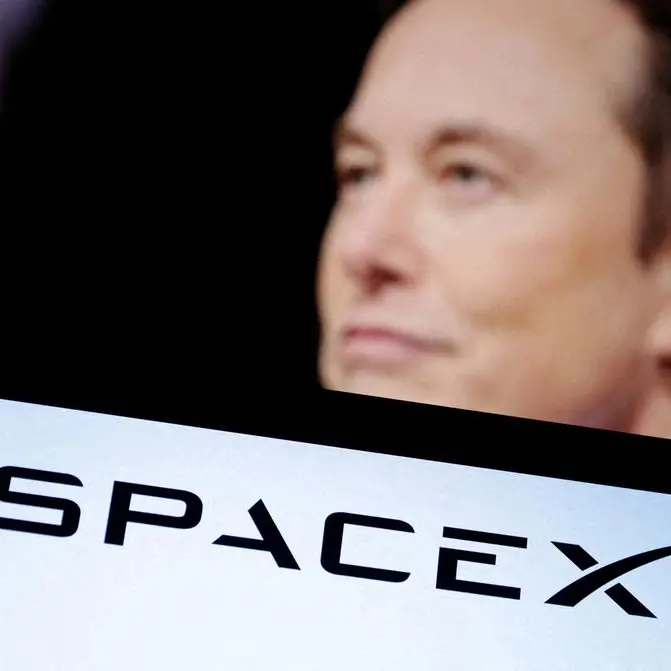Like a supernova that goes out in a blaze of light, the Geneva Auto Show set a record last week for the most expensive new car ever sold, a one of a kind $19-million Bugatti. With an eight-litre gasoline powered V-16 engine, it is a supreme expression of the roar and engineering that have made supercars the dream of many across the globe.
But that roar could go quiet before many more years pass, replaced by the silent sense and simplicity of the electric car. As technology and battery life continue to advance, changes will be profound for car companies, cultures and even countries. Europe is already facing obsolescence of conventionally powered vehicles. The change is underway and widely felt. Carmakers are scrambling to pump huge investments into electrifying their fleets to meet strict emissions standards that will come into effect in the EU next year and expected to be further tightened in the coming decade.
Following already tough conditions last year, analysts said European car carmakers will see slim profits, if any, in 2019. They are now girding for cuts in production and jobs.
After a one per cent drop last year, the global auto market is projected to fall by another two per cent in 2019 and sell three million fewer cars than in 2017. Worldwide, this year overcapacity is expected to surpass five million units.
Europe is already the most regulated, competitive and saturated car market in the world, none of which bodes well for its legendary producers. Flavien Neuvy, head of the Observatoire Cetelem industry intelligence firm, recently said, "the good times that we have known over the past decade are behind us." He added that automakers could be hit with heavy fines in Europe next year when strict emissions limits that are "almost impossible to keep" take effect. A recent study estimates that each carmaker could face fines ranging between ?500 million and ?1 billion.
In the major car-producing countries Germany, Italy, France and the UK, automakers are left with some hard choices. Once a wonder that helped fuel the post-WWII boom, the industry has been plagued with overcapacity for years. In 2012, former General Motors CEO Dan Akerson said Europe had seven to 10 too many car plants at that time, and the dynamic has worsened.
For more than a decade, European producers looked to China to solve their demand dilemma, building joint-venture plants with the government to make and sell their famed brands in the world's most populous country. The market once seemed insatiable, but for more than half a year it has registered sales declines, including a 15.8 per cent drop in January from the same month a year earlier.
Adding to what some have called "a perfect storm" for automakers is disruptive technology by US electric car maker Tesla. Defying the critics, the company has been able to mass produce electric cars that have the performance, comfort, styling - and now range - that drivers of conventional cars demand.It has even gone beyond expectations. The company led by visionary Elon Musk is making vehicles that can outperform gasoline-powered supercars. In a recent quarter-mile drag race at Palm Beach International Raceway, two Tesla models beat a Lamborghini Aventador, continuing to prove the technical superiority of high-end electric motors in acceleration.
But it isn't only car aficionados that have been forced to take notice. Workers, politicians and overall economies are feeling the storm's impact. In the third quarter last year, Germany's economy contracted for the first time since 2015, dragged down by global trade disputes and faltering sales in the auto industry. More than 800,000 workers had high-paying jobs in the auto manufacturing sector in 2017. The tale is much the same across Europe's auto producers. Porsche, Alfa Romeo, Nissan, Fiat, and Audi registered sharp sales declines in January as the overall European market slumped 4.6 per cent.
With change already in the wind in 2016, Sergio Marchionne, the outspoken head of Ferrari owner Fiat-Chrysler, said "You'll have to shoot me first" before Ferrari makes an electric model. Sadly, Marchionne passed away last year, but not before the Italian supercar had an electric model on the drawing board.
The e-Ferrari is not developed enough to be shown this year in Geneva, but many other brands are. Mid-market carmakers VW, Citroen and Honda are joined by more muscular brands BMW, Aston Martin, Audi and Mercedes with concept or production electric cars on display.
Another big change could be the impact on Formula 1 car racing. The sound and fury of a turbocharged fuel engine is very much part of the visceral appeal for the sport's 400 million loyal fans across the globe. Hard to imagine a day at the races as sleek electric cars zip and whine past. But some make the point that racing should embrace the fastest technology whatever it is.
The conventional auto industry has arrived at a major crossroads, and which turn each carmaker takes could determine its very survival. In an industry that has to bet and bet big on future models, the fate of workers and economic growth could hang in the balance.
Jon Van Housen and Mariella Radaelli are editors at www.luminosityitalia.com news agency in Milan
Copyright © 2019 Khaleej Times. All Rights Reserved. Provided by SyndiGate Media Inc. (Syndigate.info).




















